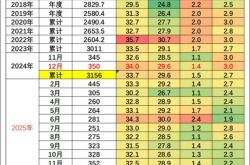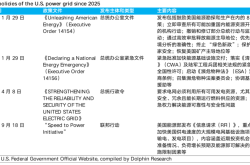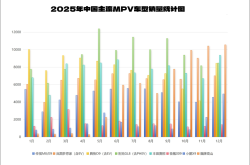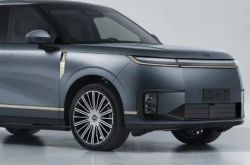Auto parts enterprises also need to purchase NPU? Highly integrated systems change the automotive ecosystem
![]() 11/22 2024
11/22 2024
![]() 574
574
Produced by Zhinengzhixin
The transformation of the smart auto industry is not only taking place among OEMs, but is profoundly impacting every link in the supply chain.
Tier 1 suppliers are facing new challenges and opportunities, ranging from the integration of distributed AI systems, the development of AI semiconductors, to new strategies centered on incremental components. This race of technology and business is reshaping the entire automotive industry ecosystem.
This article will analyze how Tier 1 suppliers respond to the systemic changes in the industry through technological innovation and business expansion, taking the collaboration between DENSO and Quadric and ECARX's transition to an incremental supplier as examples.
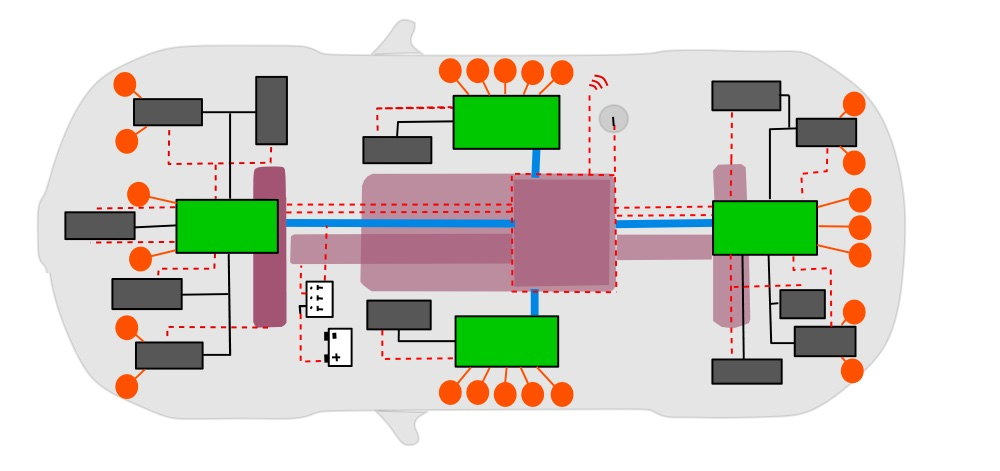
Part 1
Tier 1 competition escalates: From distributed AI to unified systems
With the rapid development of battery electric vehicles (BEVs)/hybrid electric vehicles (HEVs) and advanced driver assistance systems (ADAS)/autonomous driving (AD) technology, artificial intelligence (AI) in automotive systems is gradually moving from the edge to the core.
However, the limitations of distributed AI architectures in integration and security are becoming increasingly apparent. Whether the AI functions of the rearview mirror should be concentrated in the central controller or retained near the regional controller has become a core issue in system design.
A distributed architecture means that multiple suppliers may jointly be responsible for the development of hardware and software, but this model can lead to coordination difficulties and even blurred responsibility division in the event of an accident. Therefore, more and more OEMs tend to rely on Tier 1 suppliers to provide highly integrated subsystems from hardware to software, thereby reducing supply chain complexity.
● This trend will impose new requirements on the supply chain: AI training and testing need to cover the entire system, especially with the support of simulation and digital twin technology to achieve large-scale data validation. Only through a highly integrated platform can Tier 1 suppliers more effectively meet these requirements.
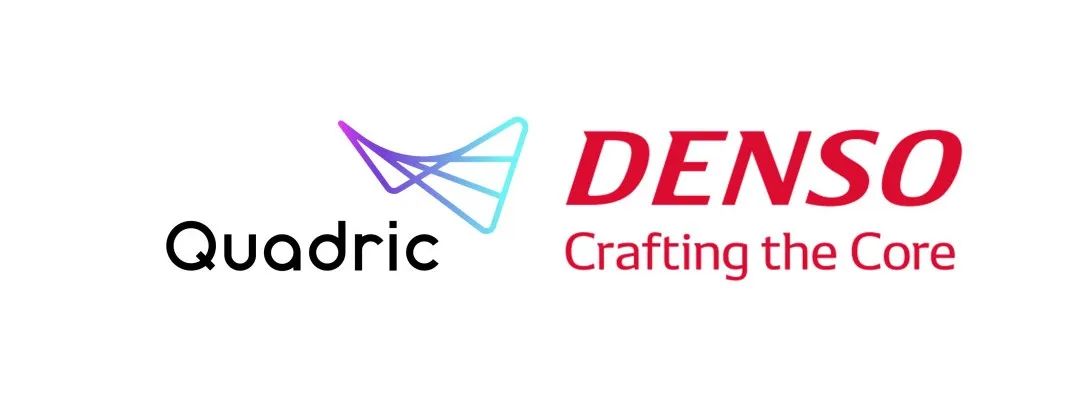
● DENSO and Quadric: Tier 1 extending into semiconductor design
DENSO's recent joint development with Quadric of an in-vehicle semiconductor IP (NPU) based on RISC-V processors and Chimera GPNPU marks Tier 1 suppliers' penetration into the upstream semiconductor field.
This collaboration not only strengthens DENSO's technological barriers but also demonstrates Tier 1's potential in semiconductor design in the future. DENSO chose Quadric because of the flexibility of the latter's Chimera architecture, which can simultaneously handle scalar, vector, and matrix operations, supporting future AI model updates.
Through this collaboration, DENSO hopes to build efficient and low-power SoCs that meet the high real-time processing requirements of autonomous driving and ADAS. The role transformation of Tier 1 suppliers from module and system integrators to potential chip design drivers is poised to give them a greater dominant position in the supply chain in the era of smart cars.
Part 2
From incremental components to a platform-based ecosystem: ECARX's breakthrough approach
Aiming to be an incremental component supplier, ECARX strives to become the "Bosch" of China. Its products cover core areas such as sensors, computing platforms, and chips, and it has ambitions to "produce all incremental components for smart electric vehicles"."The core of this strategy lies in using incremental components as an entry point to gradually expand into the entire vehicle intelligence ecosystem. For example, ECARX's Qiaogeli computing platform, based on Qualcomm Snapdragon 8 Gen 3, leverages the advanced performance of mobile phone chips to narrow the experience gap between smart cockpits and consumer electronics by one generation.
This cross-application from consumer technology to automotive technology not only enhances the level of automotive intelligence but also accelerates technological iteration in the entire vehicle industry. ECARX's collaboration with Meizu has strengthened its presence in the field of in-vehicle chips and computing platforms, laying the foundation for future global expansion.

Another strategic focus of ECARX is to shed the label of a "Geely-affiliated supplier" and create an open ecosystem for global automakers. From the LYNK & CO 08, Polestar 4, to the Volvo EX30, ECARX's products have covered 16 OEMs and over 6 million vehicles, demonstrating its competitiveness in the global market. This transformation requires not only continuous technological innovation but also relies on deep cultivation of supply chain management and customer relationships.
Compared to traditional Tier 1 suppliers, ECARX emphasizes providing complete solutions in a platform-based manner. For example, its integrated cabin, driving, and parking computing platform consolidates driving cabin and intelligent driving functions, providing a more efficient solution for automotive intelligence.
Driven by both incremental components and platform strategies, ECARX is redefining the role of Tier 1 suppliers in the era of smart cars and providing a new development model for the industry.
Summary
Tier 1 automotive suppliers are at the forefront of changes in the smart auto industry. Whether it's DENSO enhancing its competitiveness through semiconductor technology or ECARX exploring the market with incremental components and a platform strategy, in-depth innovation at the supply chain level is becoming a core driving force in the automotive industry.
For the future, Tier 1 suppliers need to continue to focus on technology integration, ecological cooperation, and supply chain management to address the challenges of distributed AI, platform-based architectures, and global competition. These changes not only determine the fate of Tier 1 suppliers but also profoundly shape the future landscape of the automotive industry. ——Produced by Zhinengzhixin


